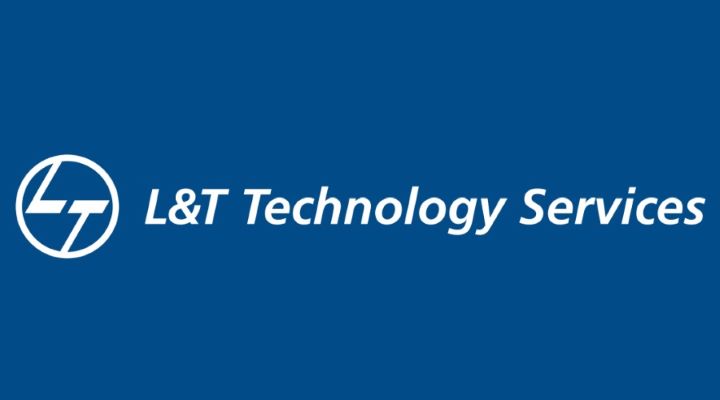This innovative solution comes as an answer to the industry-wide challenges of availability, cost, and dependencies linked to custom and proprietary hardware components

L&T Technology Services Limited (LTTS), a leading global pure-play engineering services company, has announced a collaboration with NVIDIA to develop software-defined architectures for medical devices focused on endoscopy, which will enhance the image quality and scalability of products.
This innovative solution comes as an answer to the industry-wide challenges of availability, cost, and dependencies linked to custom and proprietary hardware components. The architecture is a scalable platform that supports multiple applications, providing a real-time decision-making tool for the medical fraternity.
The collaboration leverages the NVIDIA Holoscan and NVIDIA IGX Orin platforms, featuring ultra-low latency in data transfer, superior image processing, and scalability to support multiple AI-enabled applications. This helps ensure enhanced visualization for image processing and AI-based decisionmaking support, such as for polyp detection and classification.
"The combination of LTTS' expertise in medical-device development and NVIDIA's full-stack edge AI computing platform delivers unprecedented value to the medical technology industry by accelerating the development of AI-enabled, software-defined medical devices," Shanker Trivedi, Senior Vice President of Enterprise Business, NVIDIA. "This collaboration provides a complete solution for customers looking to transition to a software-defined business model via real-time AI applications."
"Our collaboration with NVIDIA helps us push the boundaries of what's possible in medical imaging," said Amit Chadha, CEO and Managing Director, L&T Technology Services. "The combination of the NVIDIA Holoscan software platform for edge AI inference and the NVIDIA IGX Orin hardware platform accelerates the development of AI-powered medical imaging solutions by enhancing image quality and real-time clinical decision-making support, making clinicians more efficient and improving patient outcomes."

Subscribe To Our Newsletter & Stay Updated